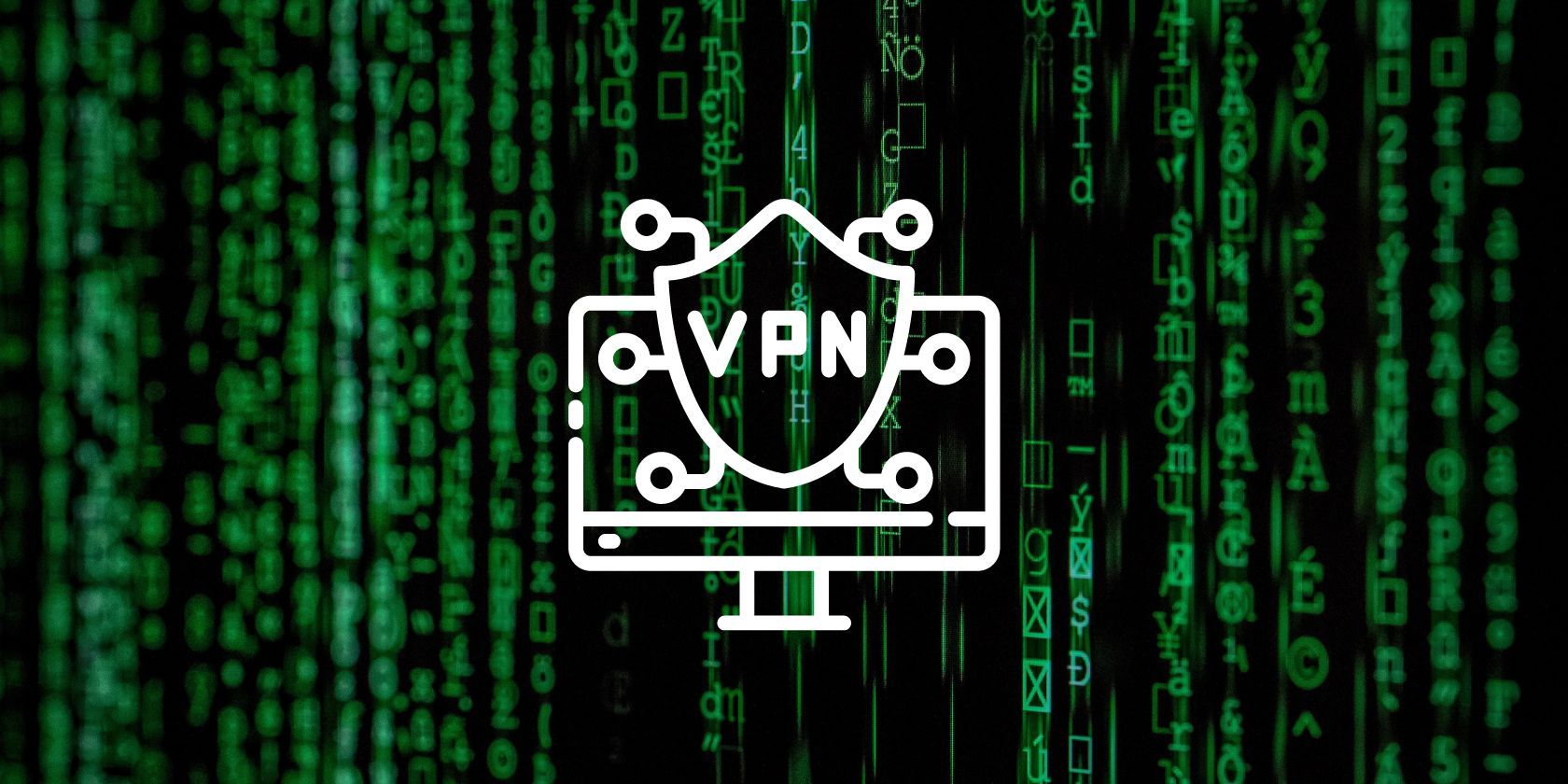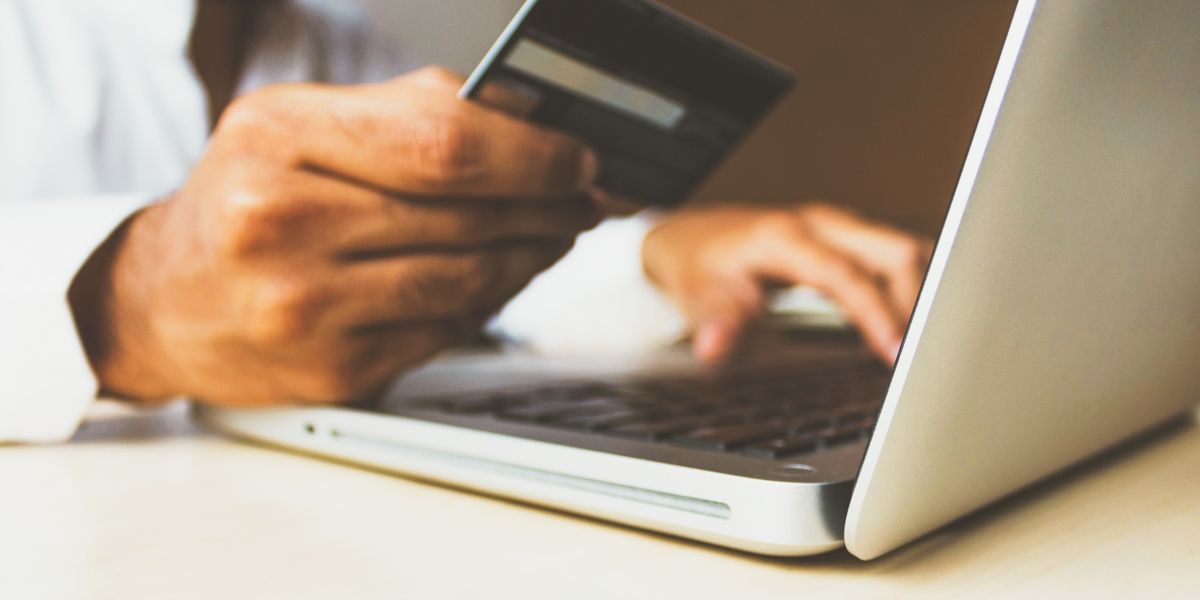For anyone looking to protect their online security, having a Virtual Private Network (VPN) is an essential tool. With the right VPN, you can keep hackers from stealing your data, browse the web without worrying about anyone spying on you, and keep your online activities anonymous.
But here's the thing: VPNs aren't magic. While they offer plenty of advantages, they do have some limitations. Understanding what a VPN can and can't do is key to making informed decisions about your online privacy and security. So, let's explore the different things a VPN can hide as well as the things it can't.
What Does a VPN Hide?
A VPN helps protect your online activities from outside observers. These are the main things it can hide.
1. Your Internet Protocol (IP) Address
Whenever you connect to the internet, your IP address is visible to anyone on the web. This makes it easy for hackers, ISPs, and governments to track your online activities. The IP address can be used by ISPs to collect data about your browsing activities, restrict access to certain sites, and even throttle the speed of your internet connection. Cybercriminals can use it for malicious activities like doxxing. Even if you use the web anonymously without using your actual name, your IP address can still be used to identify you.
Luckily, a VPN can mask your IP address by re-routing your traffic through one of its servers. This ensures that anyone monitoring the web won't be able to trace your online activity back to you or your location.
2. Geolocation
Given how much of our lives are embedded in the digital world, it's no surprise that geolocation has become a problem. It’s like giving out your address to anyone who visits the site—not exactly what you want if you’re trying to keep your whereabouts private. From personalized ads to restrictions on certain websites, companies have been using your location data for a variety of purposes.
A VPN can help you bypass these restrictions by hiding your location and enabling you to access geo-restricted content. With a VPN, you can spoof your location and appear to be in any part of the world. This provides an extra layer of privacy when browsing the web.
3. Browsing Activity
When you browse the web without a VPN, your ISP can see all of your activities. This includes your search history, downloads, and even the sites you visit. A VPN encrypts your data and routes it through a secure tunnel so that your browsing activity is hidden from anyone trying to snoop. This makes it difficult for anyone to track what websites you visit or what files you download. You can then browse the web with peace of mind knowing that no one can see what you're doing.
4. Personally Identifiable Information (PII)
When you use the web, your personally identifiable information (PII) is exposed. This includes things like your name, email address, physical address, and phone number. Hackers can gain access to this data and use it for malicious purposes, like identity theft or fraud.
A VPN helps protect against this by encrypting all of your data before it reaches the server, making it laborious for anyone trying to access your personal information, even if they gain access to the server.
5. Torrenting Activity
Torrenting is a great way to download large files quickly, but it comes with its own set of risks. Without a VPN, your ISP can see what you're torrenting, and they might not be happy about it. ISPs often throttle the speed of torrents and even suspend users who are caught engaging in illegal file sharing.
A good VPN can help you mask your torrenting activity and protect you from any legal repercussions. It encrypts all your data so that no one can see what you're downloading. It won't be easy for ISPs to detect and block your torrenting activities if you use a good VPN.
What Doesn't a VPN Hide?
A VPN offers plenty of advantages when it comes to online privacy and security, but it does not provide full privacy protection, as there are still some things that a VPN cannot hide.
1. Account Activities
A VPN can encrypt your web traffic, hide your IP address and spoof your location, but it cannot protect you from being tracked by online services. When you sign up for a website or an online service, the company will still be able to track your activities within its own platform. So, if you use Gmail, Facebook, or Twitter with a VPN enabled, your account activities are not really hidden.
2. Payment Information
Enabling the VPN can help protect you from hackers and snoopers, but it cannot protect you from financial fraud. When you make a purchase online with a credit card or PayPal, the company can still access your payment information. Even if you are using a VPN, it's important to take extra precautions when making online purchases and always use a secure payment method.
3. Malware and Viruses
A VPN can do many things to safeguard your system from intruders, but can a VPN protect you against malware? Unfortunately, using a VPN while browsing the internet cannot prevent malware or viruses from infecting your device. It could actually make it worse because a VPN can route you through untrusted networks that could contain malicious software.
Even if you're using a VPN, it's always important to have a good antivirus program installed on your device if you want to remain safe from malicious attacks.
4. Device MAC Address
Your VPN can hide your IP address, but it cannot hide your device's MAC (Media Access Control) address. This is a unique identifier assigned to every device on a network, and it can be used to track your activities.
5. Data Usage
Your ISP will still be able to see how much data you're using, even if you're using a VPN. Also, some ISPs have data caps that limit the amount of data you can use each month, and these restrictions will still apply even if you're using a VPN.
Use VPN for Maximum Privacy
If you want to enjoy maximum privacy and security when browsing the internet, then a VPN is the best way to go. It can help protect your personal data from hackers, hide your IP address from snoopers, encrypt your web traffic, and bypass geo-restrictions.
But it's important to remember that even with a VPN enabled, there are some things a VPN can't hide. Make sure to take extra precautions if you want to truly remain anonymous online and not just depend on VPN.


